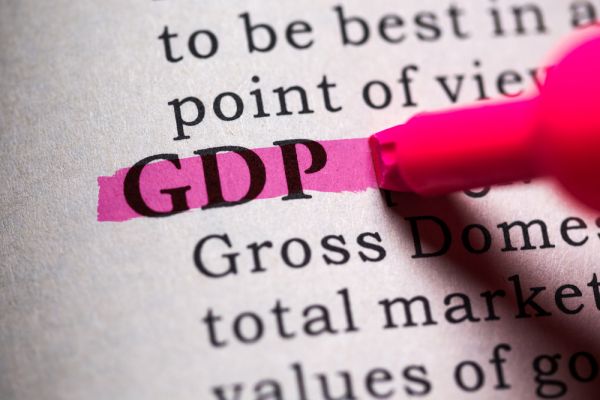
Swiss Economy to Contract in Q1 2021; KOF Down in Jan.
January 29, 2021Swiss Economy to Shrink
The Swiss economy is expected to shrink in the first quarter of 2021 as the latest lockdown takes its toll – Ronald Indergand, head of short time economic analyses at the State Secretariat for Economic Affairs (SECO) stated at the Reuters Economic Outlook Switzerland online event. The newest restrictions were introduced due to the second wave of COVID-19. The economic development of the country is predicted to be “clearly negative in the first quarter” in contrast to a flat development observed at the end of 2020. The good news is the recovery might be just “around the corner”, claims Indergand, as in the second quarter the roll out of vaccination programme might contributed to better situation.
KOF Down in Jan.
The not-so-good economic situation at the beginning of the year can already be observed when looking at the Swiss KOF Economic Barometer. For January KOF went down to 96.5 from 104.1, significantly missing the expectation of 101.5. This level is also below the long-term average of 100. KOF said in a statement that: “After reaching an interim pandemic high in September, COVID-19 is now weighing more heavily on the economy again. The pandemic is causing gloomy economic prospects at the beginning of the year. Responsible for the decline are in particular the indicator bundles for accommodation and food service activities as well as other services.” Meanwhile, outlook for financial, private consumer demand, manufacturing is also less favourable than before, only situation in construction and foreign demand is stable and can trigger better results in the next months.
Strong Swiss Financials
The outlook for second half 2021 is that the Swiss output might slowly return to pre-crisis level, and for the whole year expand by 4.2%. Inflation should also rise to 0.4% this year, up from minus 0.7% in 2020. If this happen, such level would be the best seen since 2019. Interest rates are expected to remain record low. The key to Swiss recovery from the second quarter of 2021 might be country’s resilient economy and financial strength. The country has some space for expansionary spending, which has been required by the difficult pandemic situation. The Swiss economy’s recovery will be driven mainly by the corporate sector though, rather than any stimulus programme launched by the government. This is unlike than in neighbouring countries. Good news is also that Switzerland has one of the lowest unemployment rates across the continent. Even though the rate went up from 2.5% to 3.5% between February and December 2020, it is expected to go back to 3% by the end of this year. Still, such low jobless rate for some countries could be considered a full employment in labour sector.
Strong CHF Backs the Financial Strength
When it comes to Swiss financial strength, the very good exchange rate of CHF is very helpful. In times of the pandemic, investors were very keen to buy Swiss francs, causing its rate to hit high levels. From one side, it hurts Swiss export, but it also ensures good fiscal situation of the Swiss National Bank. The SNB is making a lot of interventions on foreign exchange rate market to ensure stable CHF price, and as a result it made a lot of profit. For 2020 the profit was at CHF 13 billion, which means CHF 4 billions will be distributed to Swiss cantons and government, also aiding the economic recovery.
währungsrechner chf | convertitore | cambio euro franchi | eurokurs | euro calculator | change money | salaire pharmacien industriel | taux de change euro chf | euro change
